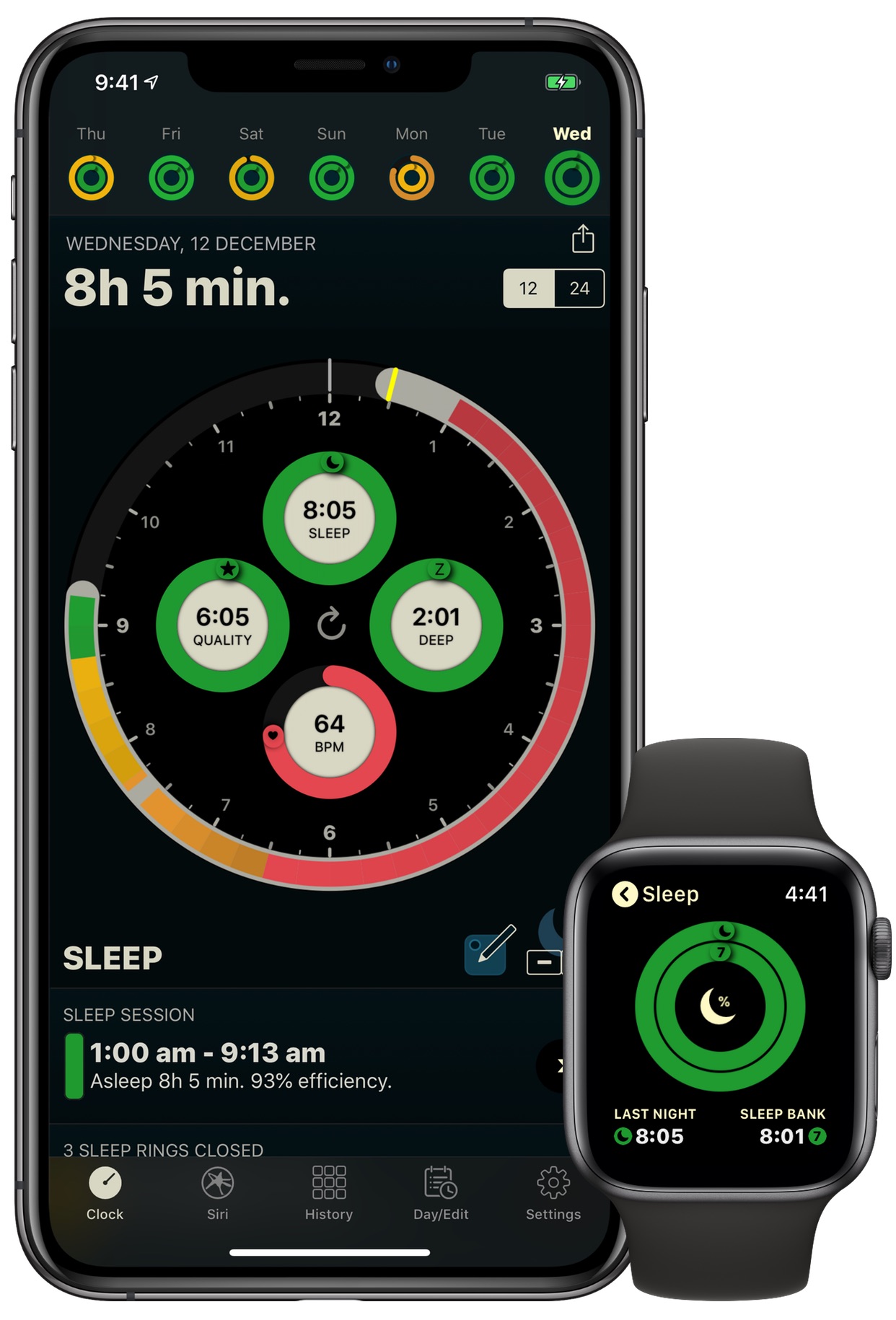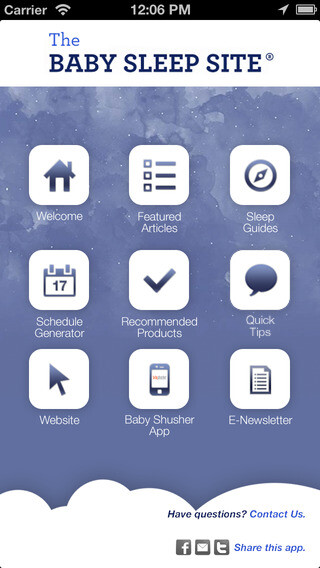

Get to know your baby’s "wake windows," or the amount of time your baby can handle being awake at a stretch, which varies by age.Teach this by leaving the room for a few seconds at a time and your tot will get better at being away from you. Do what you can to remove your baby from the din. Overstimulation can be caused by too many people around, bright lights or a noisy environment. An overtired baby is too worked up to sleep, so strive to spot the signs that she’s drowsy, such as yawning, ear pulling, eye rubbing, thumb sucking and fussing.
Baby tracker app sleep vs nap how to#
Here's how:ġ1 Reasons Your Baby Won't Sleep and How to Cope Your best bet is to stick to your plan and the tuck-in should become easier over time. How do I get my baby to stop fighting sleep?Ĭonsistency is key when it comes to getting your baby to stop fighting sleep. Around 12 to 15 months, babies start to skip their morning nap, so if yours isn’t keen to be put down, it could signal she's a one-nap tot from now on. If your baby isn’t hitting the hay easily, she may not need as many Zzzs now. Between 1 and 2 years, babies sleep 11 to 14 hours, rather than the 12 to 16 hours they logged when they were younger. A vacation means a different crib or a shift in the usual bedtime schedule, which can prompt a baby to fight sleep. Babbling, rolling, sitting up, crawling and walking are all big developmental milestones that some infants like to practice at night. Most infants start to cut teeth around 6 months (though it can happen earlier or later), and teething pain can cause a baby to wail and fight sleep. Around 8 months (though it can happen a bit earlier or later), this clingy phase may kick in, resulting in tears when you leave your babe alone in the crib. This setback in your baby’s regular nighttime routine can crop up throughout the first year, including at 4 months, 6 months, between 8 and 10 months and once more at 12 months.


Try to avoid stimulating activities at least an hour before baby's bedtime. A bright, busy household, screens, beeping toys or a crying spell can be too much to handle, resulting in overstimulation and the urge to fight sleep. It may sound a little crazy, but not getting enough Zzzs can lead to a baby who’s so wiped out she's wired and has trouble settling down at night. But if the fuss goes on and on, even after you’ve ruled out hunger, a wet or dirty diaper and illness, consider these other factors: In fact, many babies can't get to sleep without crying first. A few tears at bedtime are standard operating procedure for most babies.


 0 kommentar(er)
0 kommentar(er)
